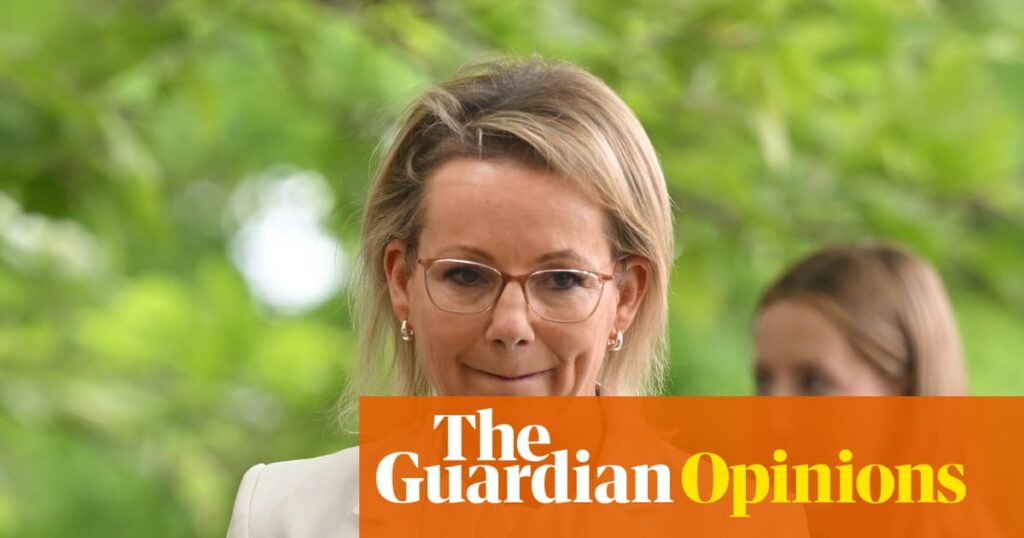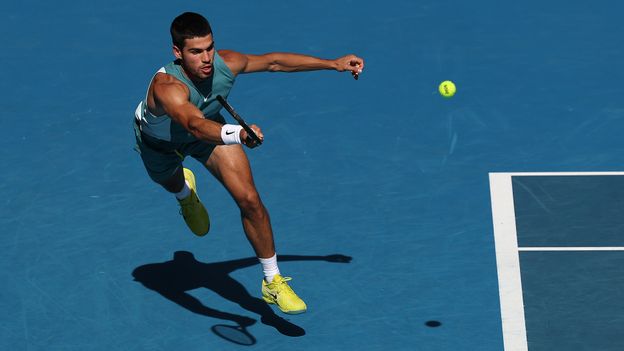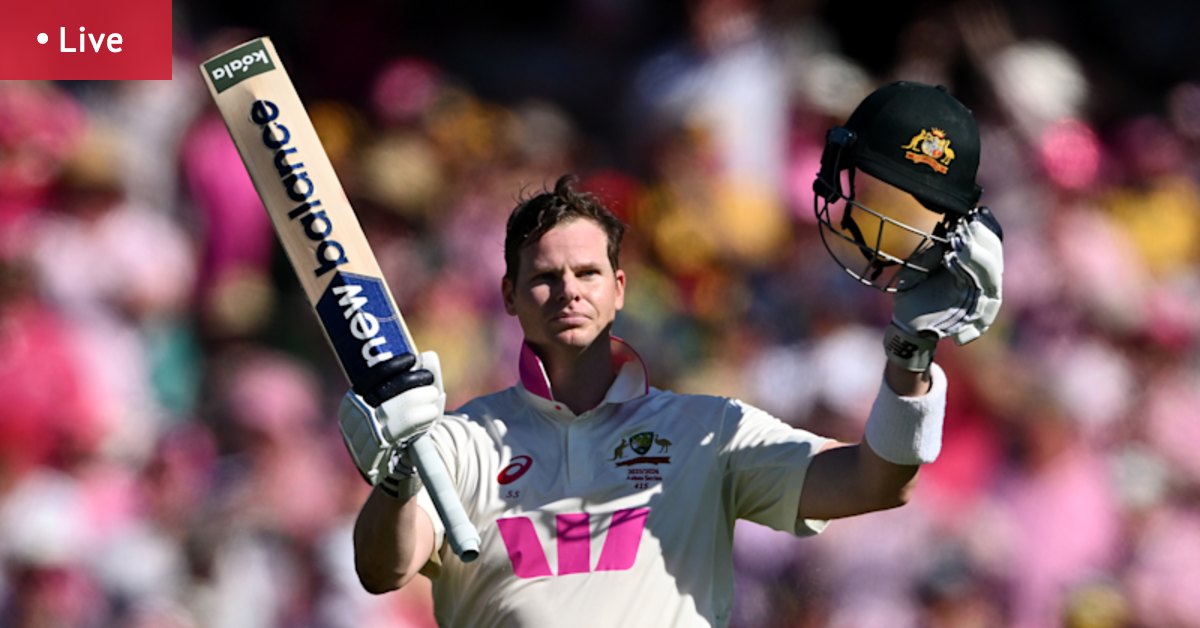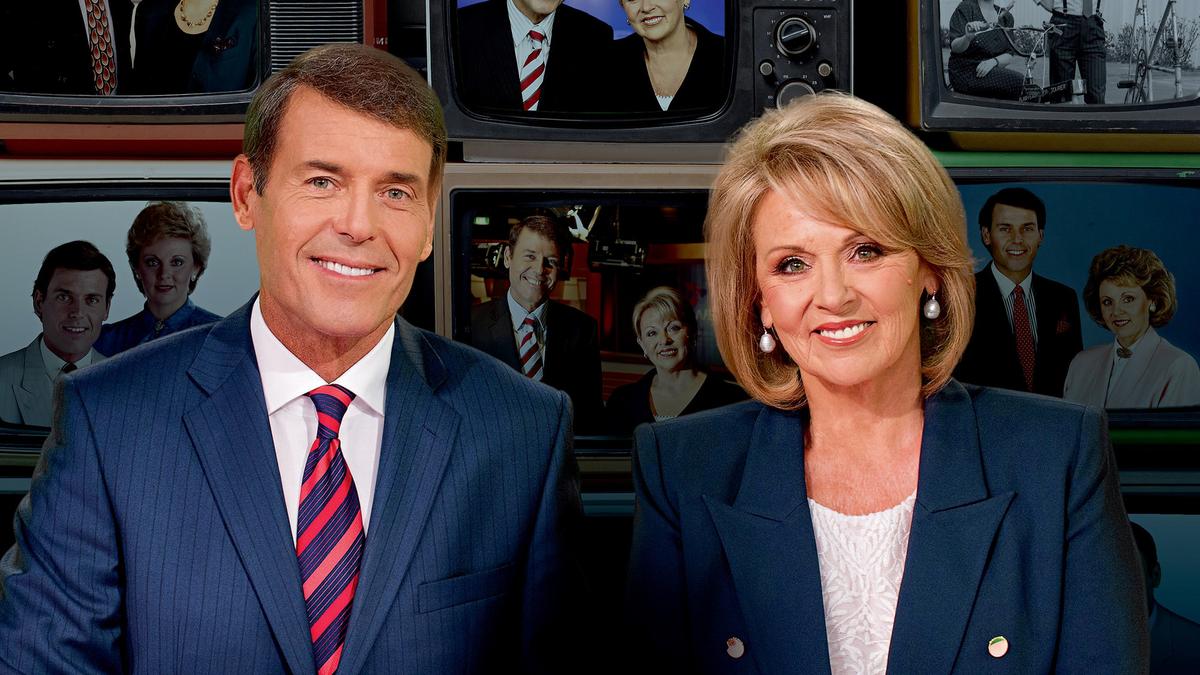
If there were any lingering doubts about the Coalition’s declining political fortunes, the prospect of three leadership changes within a fortnight might dispel them. The federal opposition leader, Sussan Ley, is facing mounting pressure as the year’s final parliamentary sitting week approaches. Meanwhile, Victoria’s Liberal leader, Brad Battin, was ousted in a party room coup on Tuesday, and in New South Wales, Mark Speakman’s tenure appears increasingly precarious.
Brad Battin, the first to fall, has been replaced by first-term MP Jess Wilson. This change comes just a year before a state election where Labor Premier Jacinta Allan will face her first significant electoral challenge. Despite reassurances from Canberra that a challenge against Ley is not imminent, her survival beyond the summer break remains uncertain. Speakman, too, could face a leadership challenge as early as Thursday. This upheaval follows the recent implosion of the ACT Liberal opposition, which saw a former talk radio host assume leadership.
Understanding the Liberal Party’s Struggles
The current turmoil within the Liberal Party can be traced back to a series of electoral defeats. Sussan Ley and Mark Speakman have been tasked with rebuilding their parties following significant Labor victories. Anthony Albanese’s unexpected triumph over Peter Dutton, coupled with Chris Minns’ decisive win against the former Perrottet government in New South Wales in March 2023, has left the Liberals reeling.
Brad Battin’s leadership in Victoria was marked by an inability to unify a deeply divided party. His focus on Victoria’s crime issues failed to resonate with voters, and he struggled to recover from the Moira Deeming controversy. Despite taking over from John Pesutto just before Christmas, Battin could not effectively challenge the long-standing state government. When Daniel Andrews handed leadership to Jacinta Allan two years ago, some viewed it as a risky move. However, Labor’s confidence in winning a fourth term has only grown.
A Party Out of Step with Voter Concerns
Nationally, and in both Victoria and New South Wales, the Liberal brand is suffering. On issues such as climate change, gender, and cultural debates, the party appears out of touch with contemporary voter concerns. A recent poll in the Australian Financial Review placed the Coalition’s primary vote at a record low of 24%. The upcoming Newspoll could further endanger Ley’s position.
“The Liberal Party’s primary vote has plummeted to a record low of 24%,” according to a poll in the Australian Financial Review.
In contrast, Labor governments in South Australia, New South Wales, and Victoria have been rewarded for fulfilling their political promises and addressing pressing issues like the cost of living. Leaders like Albanese, Minns, and South Australian Premier Peter Malinauskas are striving to capture the political center, appealing to a broad voter base and engaging with traditionally Coalition-friendly groups. This strategy aims to marginalize the opposition further.
New Leadership, Old Challenges
Jess Wilson’s immediate call for a shift in focus to issues such as housing, public debt, and the cost of living has been well-received. At 35, she presents a fresh face against a weary Labor government and has pledged to challenge Allan more effectively than her predecessors. However, the foundational issues plaguing the Liberals are likely to persist.
The party’s traditional voter base is aging or defecting to teal independents and even Labor, driven by policy disagreements, internal dysfunction, and outdated stances on issues like climate change. Additionally, the party’s administrative structures and branches are in dire need of reform. In response, Ley has commissioned Queensland Senator James McGrath, an experienced party strategist, to conduct a comprehensive review of the party’s divisions and membership processes.
“Political parties unable to govern themselves can’t govern anyone else,” a sentiment that Sussan Ley and her colleagues would do well to heed.
The Liberal Party’s current predicament underscores a broader challenge: the need to adapt and evolve in response to changing voter expectations and political landscapes. As the party navigates these turbulent times, the coming weeks will be critical in determining its future direction and leadership.







